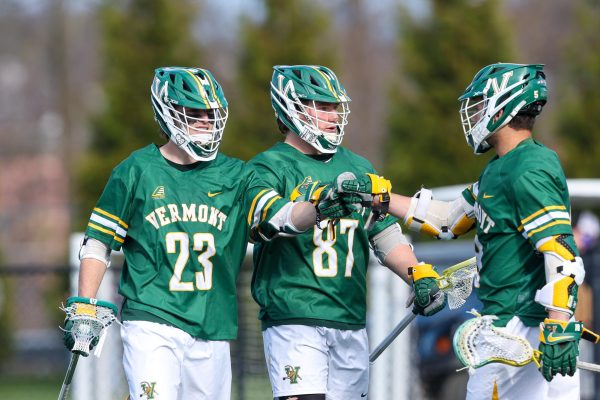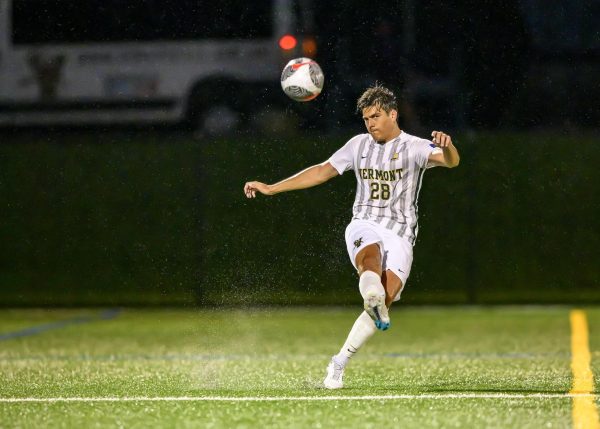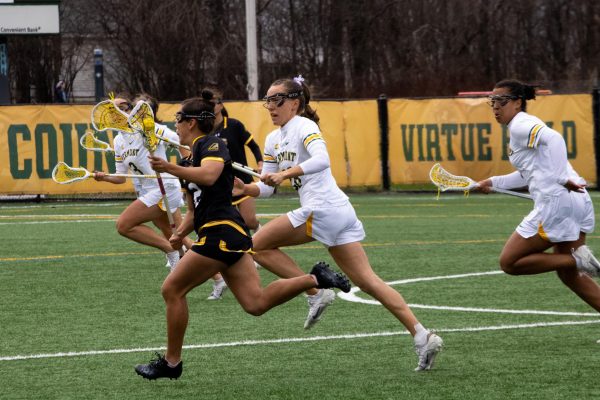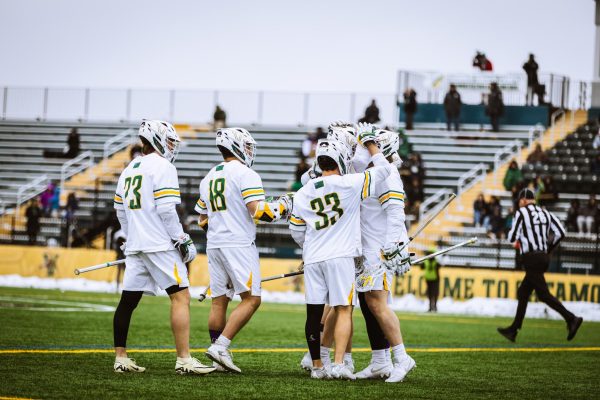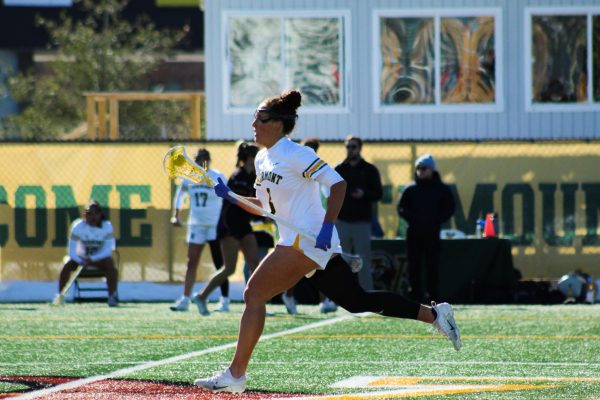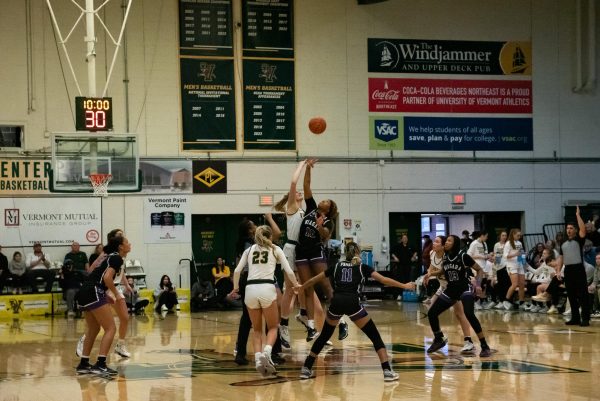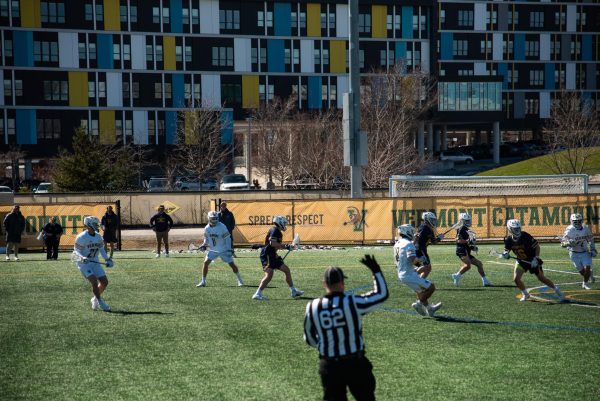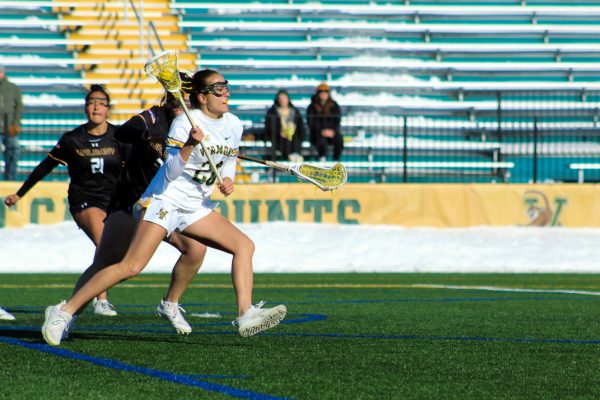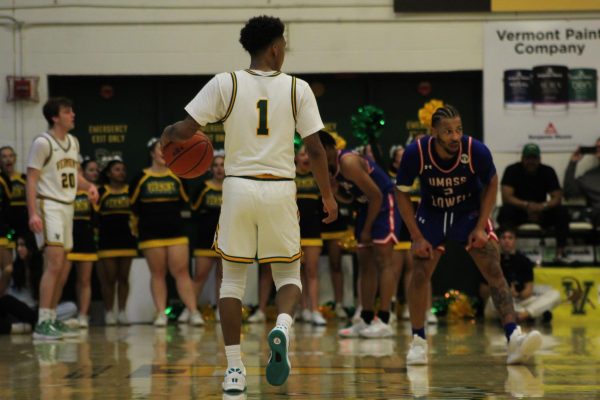L I V E S T R O N G
January 30, 2013
I do not care about cycling. Never really have. I vaguely remember watching some bits and pieces of the Tour De France with my father on sweltering July afternoons. Even today I couldnt tell you a damn thing about the rules, strategies and finer points of the sport.
Quick, name the person who won the Tour De France last year no idea right? Despite the lack of domestic attention the sport gets, it still produced the most dominant and mythical winner in the history of athletics. He defined what it meant to be a champion and showed us all what hard work and unbreakable perseverance could achieve.
He was a role model, survivor, inspiration, and hero. And in a sport that competes at the international level, he was ours. He emerged at a time the mid 1990s when America was still enjoying global hegemony and his dominance embodied this Built-in-America nationalism.
He won the hardest race man has ever designed seven consecutive times between 1999 and 2005. What makes his story so incredibly powerful is that he did it after beating testicular cancer, which also spread to his lungs as well as his brain.
He beat the disease and less than two years later began an unprecedented ascendance to the top of his sport.
His success in cycling, and the inspiring foundation of his story, allowed him to create one of the most well-known and well-publicized nonprofits in the country. Today millions wear the yellow LIVESTRONG bracelets and the organization has generated nearly $500 million for cancer research.
Lance Armstrong represented the best of humanity. Or so we thought.
Accusations of use of Performance Enhancing Drugs were publically made against Armstrong for the first time in 2004 and he feverishly denied them. This would be the theme for the next eight years; allegations being made only to be totally and unequivocally denied.
Interestingly, the public and the media largely supported Armstrong; partly because his denials of guilt were so emphatic but more so because we needed Lance Armstrong to be innocent.
The years passed and the allegations grew more frequent and detailed. Still, Armstrong defended his record and brought litigation against anyone who said otherwise; financially ruining those who spoke against him. He did what ever it took to control the narrative about his career and life.
But with his highly publicized confession to Oprah Winfrey last week, the real Armstrong narrative was revealed to the world. Not only did he orchestrate one of the most sophisticated doping programs in the history of organized athletics, he grossly misled the American people for nearly a decade in a vile, if not evil way.
As a young American sports fan, I have seen many icons in sports turn out to be cheats. Armstrong joins a long list of athletes who we once believed in before their betrayals were made known.
But Armstrongs story is the most painful of them all. No betrayal has ever chipped away at our collective faith in people like this one has.
When I watched Armstrongs cold, soulless confession last week I felt my goodwill escaping. I searched for my faith in heroes but it eluded me. I felt as if I was aging; the youthful optimism and belief in the infallibility of role models was replaced by a cynical dark something that I cant quite describe with words.
I am angry at Armstrong for this. I am angry because he stood for something so powerful and good. I am angry because he will make it hard for us to believe in a story like his ever again. I am angry because he represented perseverance in the purist of ways. I am angry because he was the symbol for conquering cancer and for possible achievement after the disease has been conquered.
My own mother was diagnosed with breast cancer about two years ago. She battled the disease and beat it. As I watched Armstrongs confession I thought of her. I felt compelled to call her that night and asked her to share her perspective.
She sounded disappointed but in no way shared the feeling of betrayal that I felt. Perhaps she had learned long ago to refrain from putting too much faith in a symbol.
She said that Armstrong was a despicable and vile individual but she dismissed that it meant anything more to her as a cancer survivor and this gave me comfort in a way. She went on to tell me that, it seems to me that he has wasted the gift of life that he was given.
And indeed he has.
My mother told me that my goodwill was terribly misplaced in believing in what Lance Armstrong represented. But she assured me that, one day, I would find it again. My mother reminds me that we do not need a figure like Armstrong to embody the strength it takes to beat cancer or achieve anything difficult.
There are heroes that embody that strength surrounding me everyday. My own mother who beat cancer, and yours, who may one day face that grueling battle as well.
It is in these people that I will invest my faith. These heroes, I am certain, will never let me down.
The Armstrong doping scandal should be considered nothing less than the biggest tragedy in American sports history. My generation has been stripped of something that we can never get back; the belief in something extraordinary. The too- good-to-be-true mindset will accompany any act of greatness that we witness for the rest of our lives.
And for this, Lance Armstrong, you will never be forgiven.







